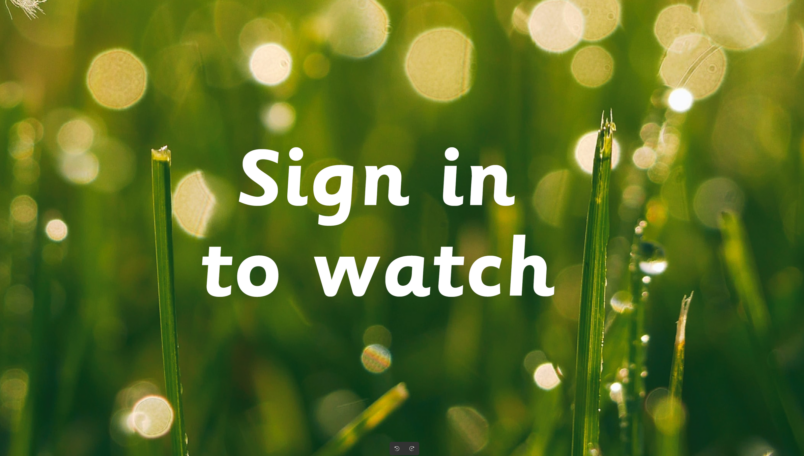Column subtraction 5: Sensational Seabirds
Learning Objective
We are learning how to subtract whole numbers with more than 4 digits using the formal written method of column subtraction. (with more than one exchange, including exchanges across more than one place value).

Clip Description
Seabirds are birds that rely on the ocean to survive. They come in all shapes, sizes and colours. In the UK, over twenty-five different species of seabird can be found along its shores. Some of these birds can be seen all year round like the common herring gull, while others arrive from far and wide. Incredibly, the Arctic tern travels from the Antarctic to the UK and back each year. This is a distance of 44,000 miles (or 70,811 kilometres).
In this fascinating clip, we see a variety of seabirds in action. There are puffins, whose beaks are laden with sand eels; gannets, who are diving headfirst for fish; and terns performing a graceful courtship dance. This invasion of seabirds can be noisy, colourful, dramatic and smelly!
Whiteboard Number Challenge
We have learnt that over 25 different species of seabird can be found along Britain’s coastlines. The number 25 is special. It is a square number.
Can you calculate the sum total of the first 5 square numbers?

 Sign in
Sign in

